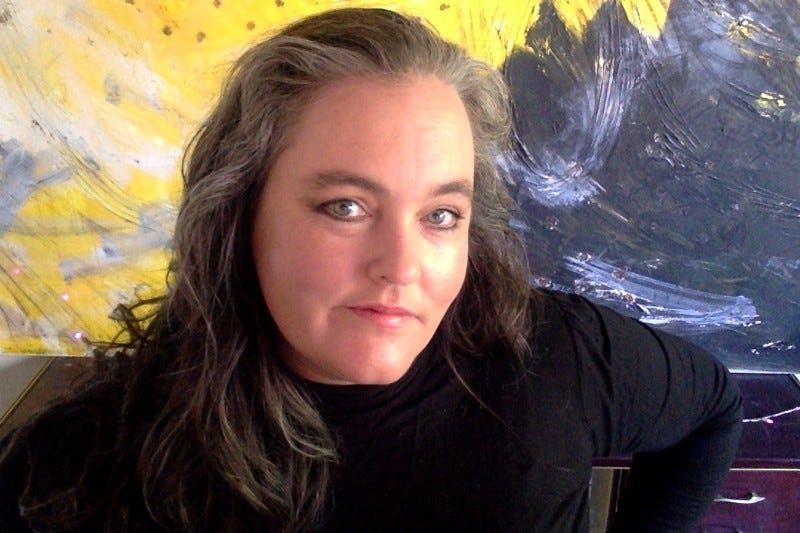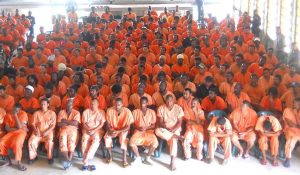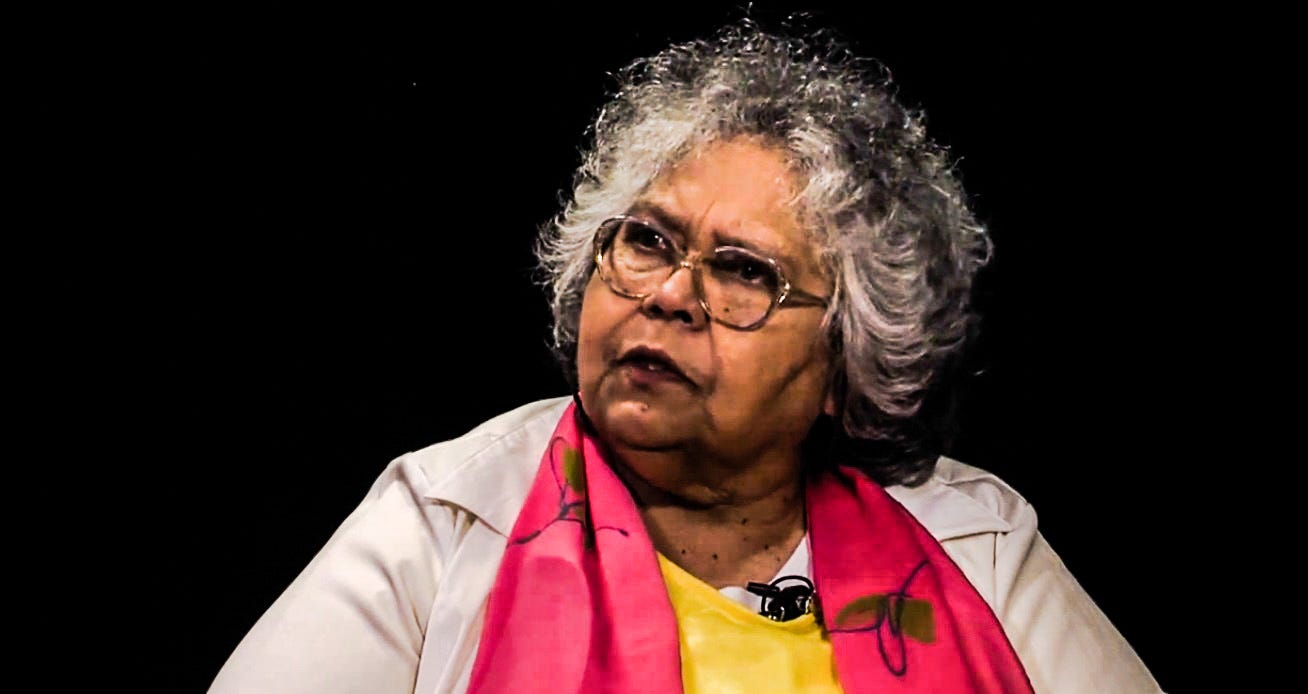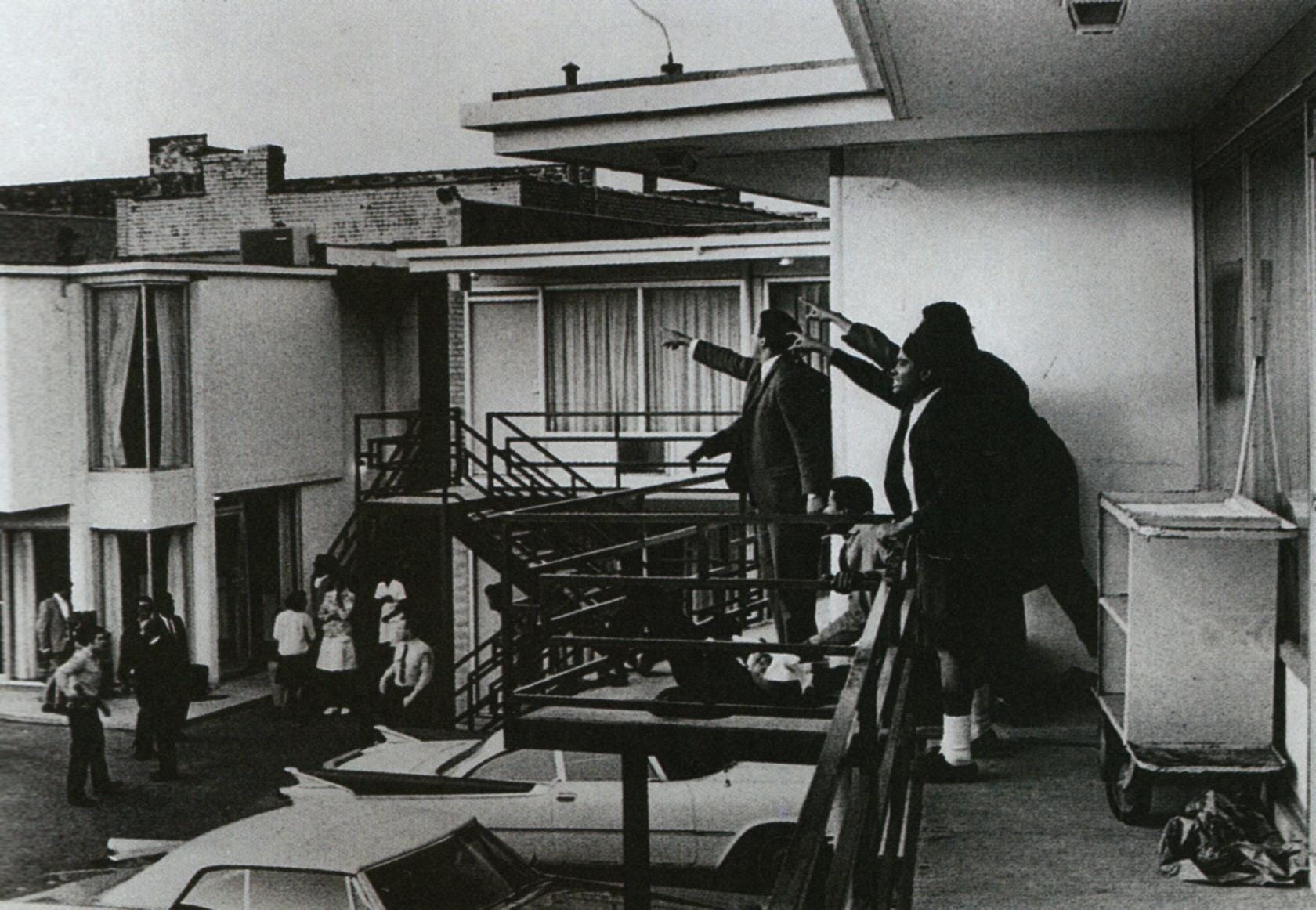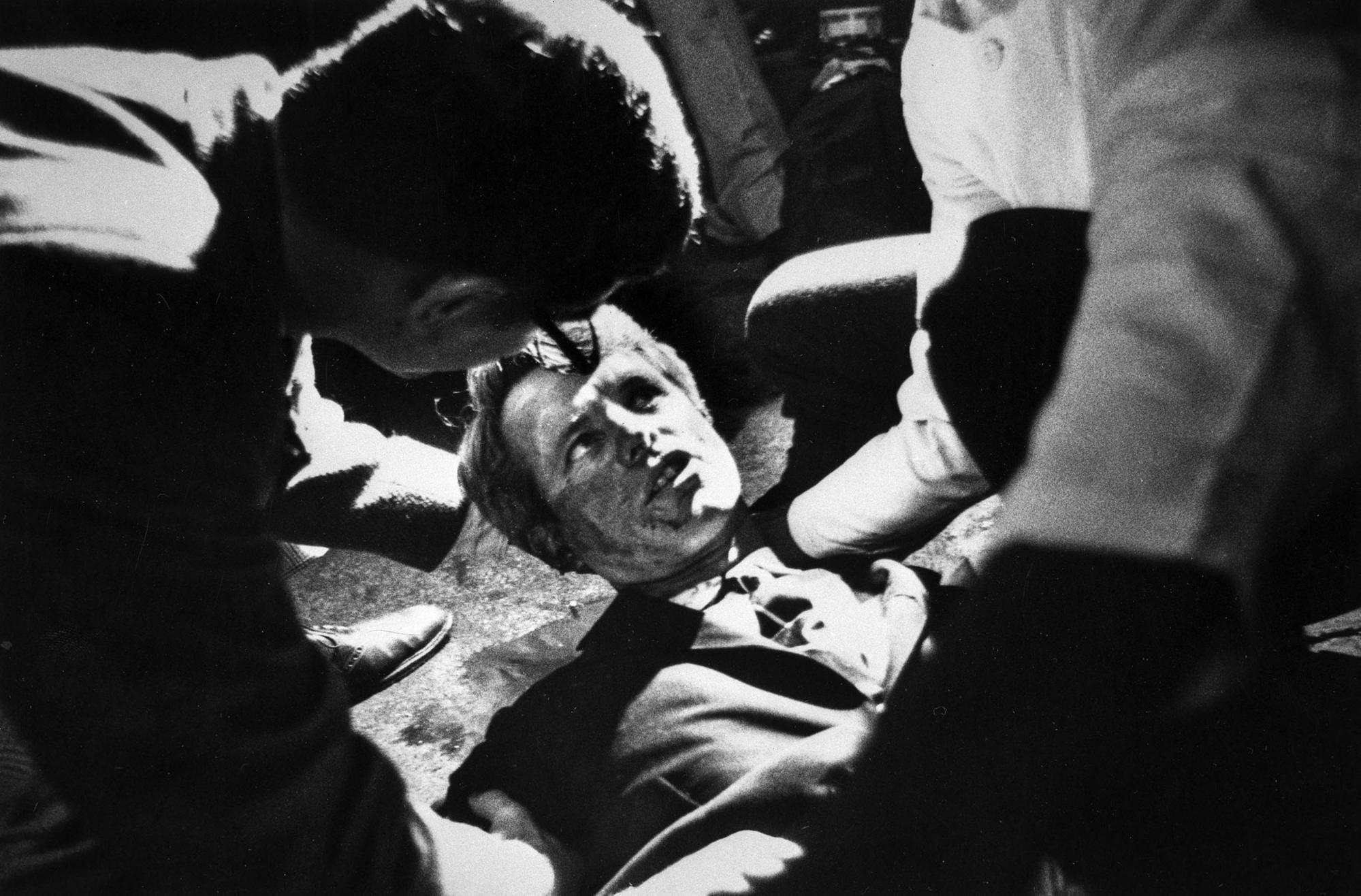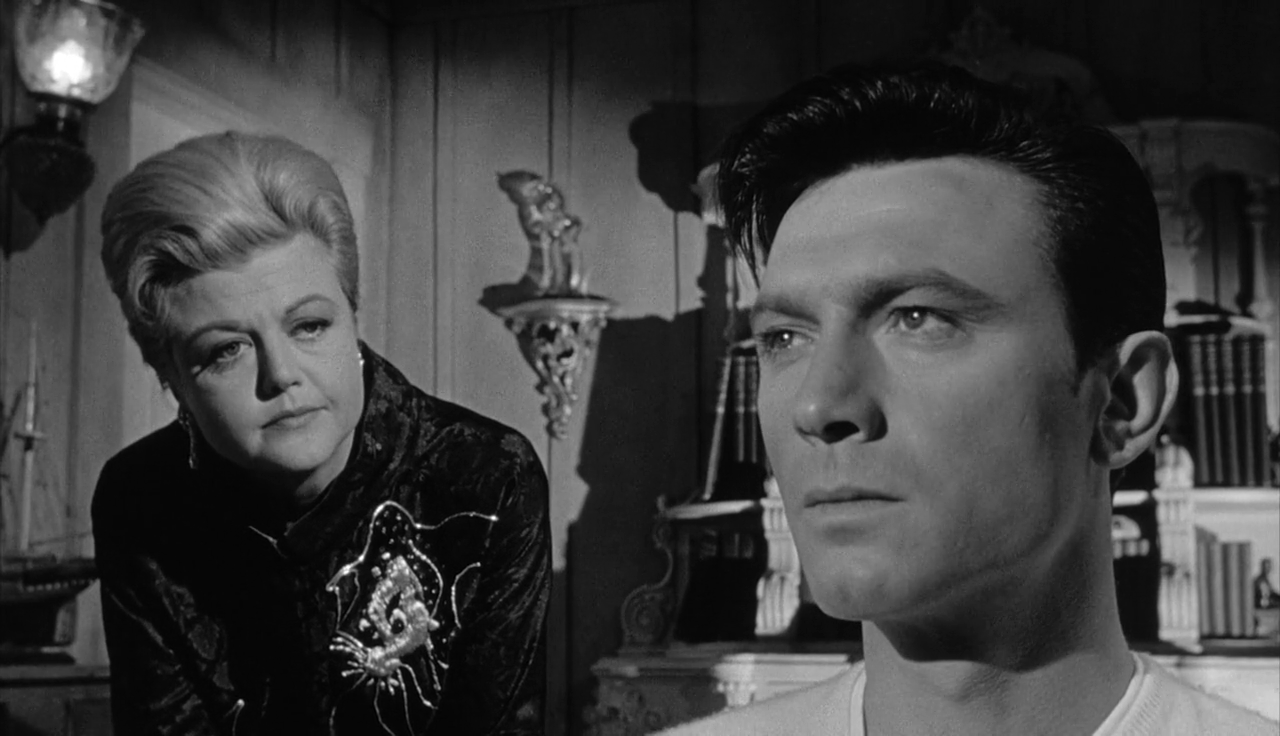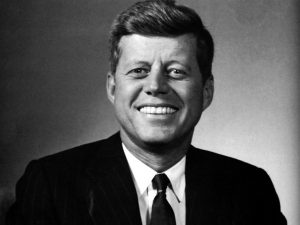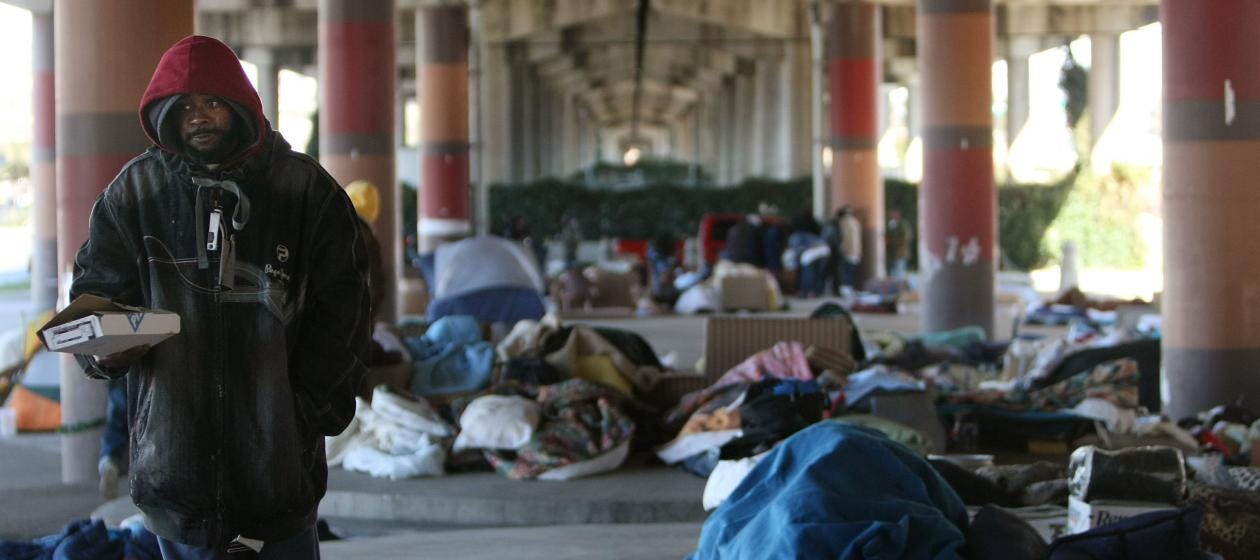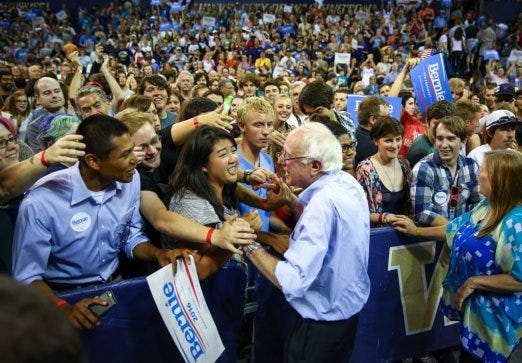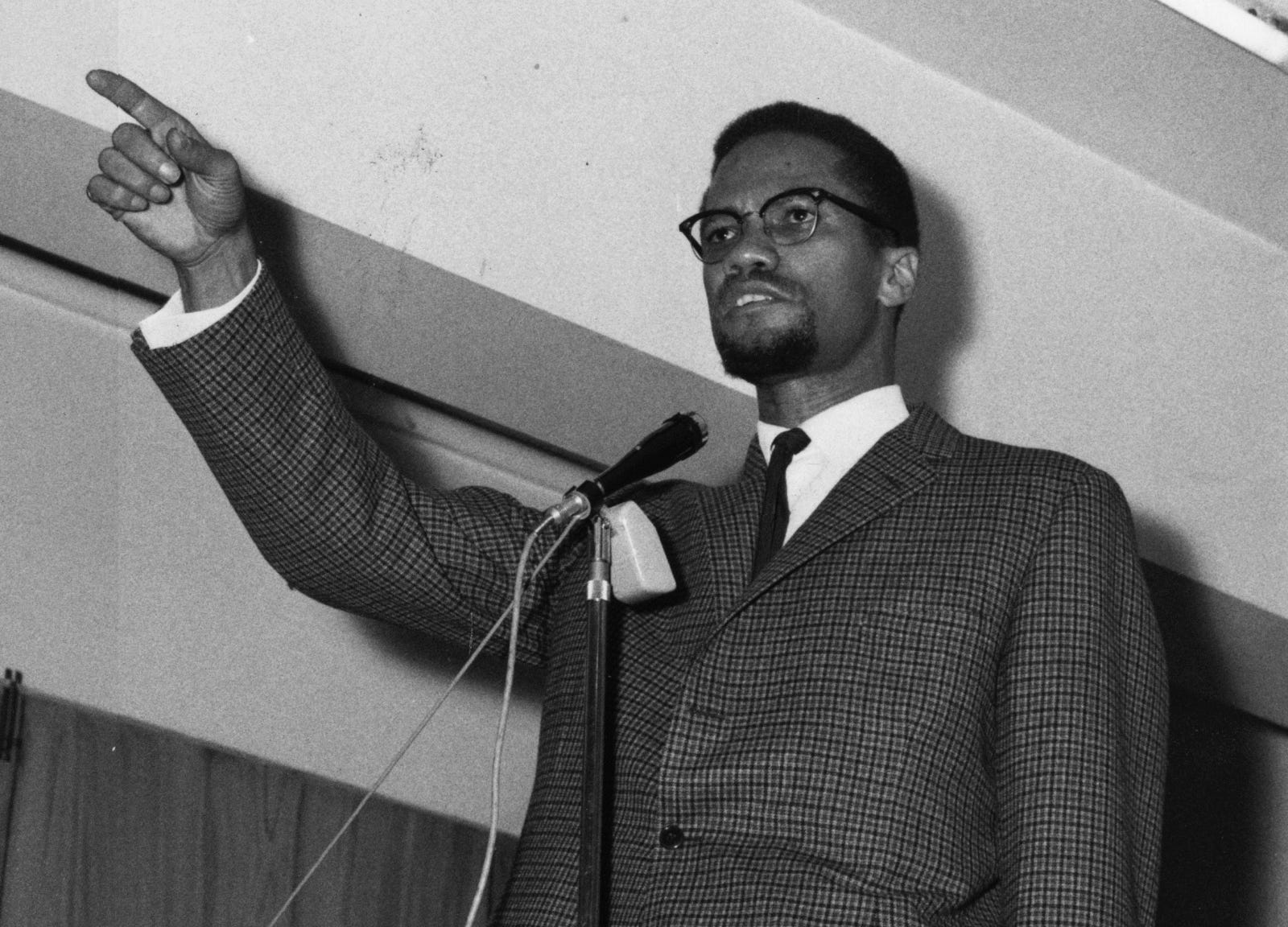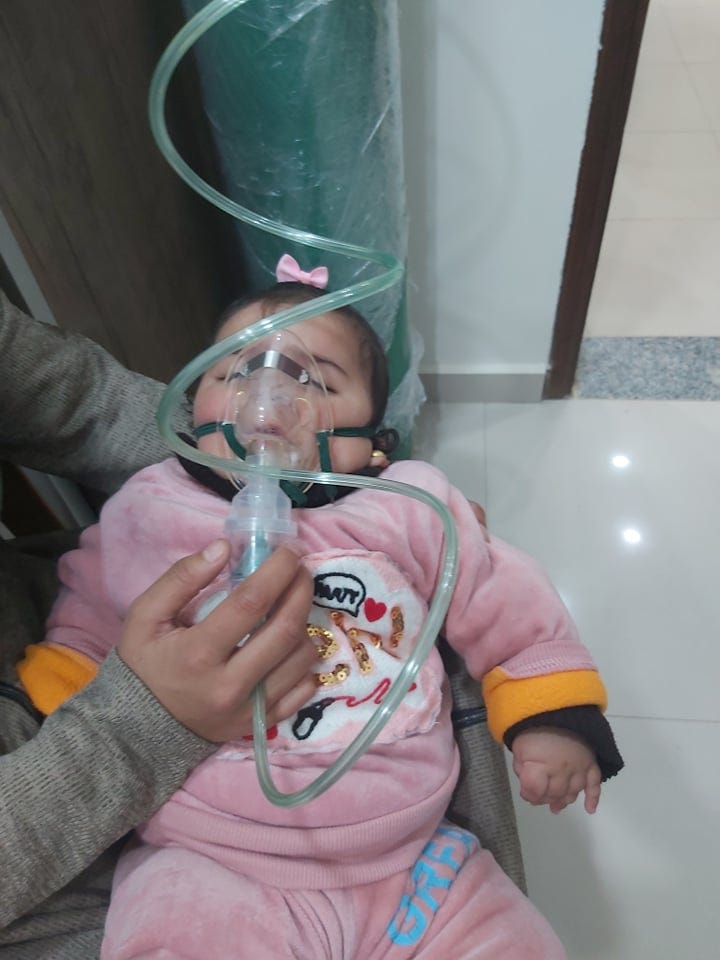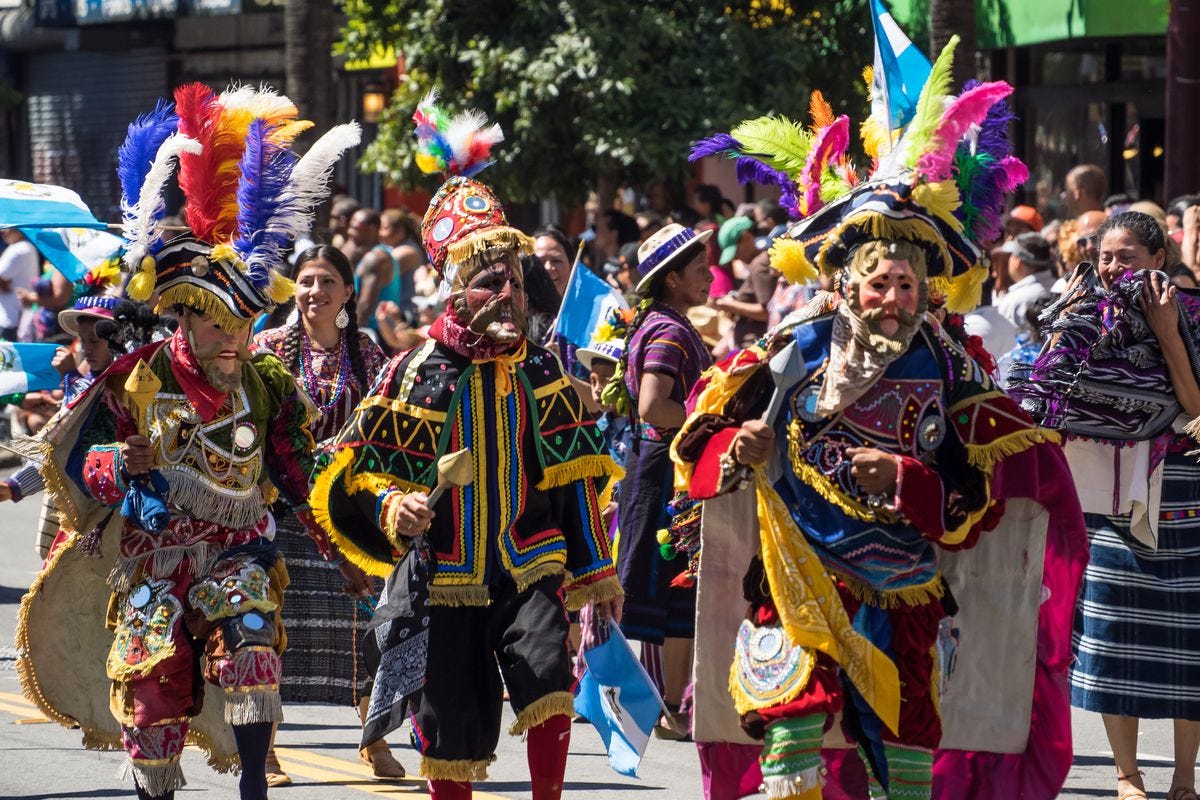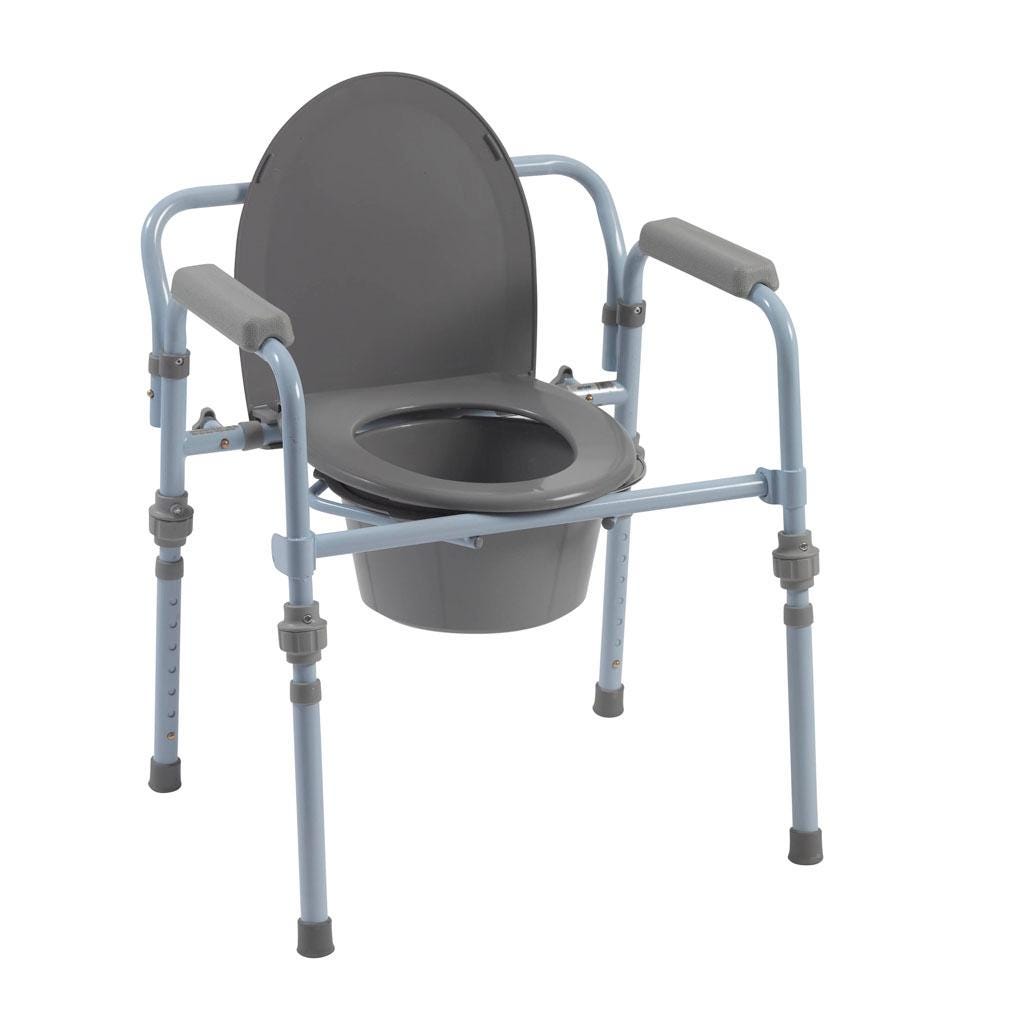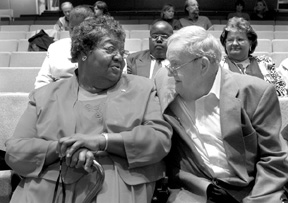
How to live well when everything seems to be falling apart? When no one knows what tomorrow may bring, how do we know what is right, what is healthy, and what might be effective? We can’t know, but we can learn principles from previous crises and teachers. From reading and talking with survivors, it seems we may need to make three commitments to keep focused and be good people in times of crisis.
Self-care
When so many are suffering, when danger lurks all around, does it sound selfish to rest, to relax, to eat healthy food, go for a walk, have sex? It’s not. It’s recognizing that we are part of a community. If we don’t take care of ourselves, we can’t do a good job of helping others. If our health breaks down or we become depressed, others will have to care for us instead of our caring for them.
Caring for self doesn’t mean ignoring injustice, hoarding food, or leaving people alone in their misery. It doesn’t mean giving up the fight to protect our world. It means finding a balance, realizing our bodies are the most precious things we have, and they need our attention. The Buddha said, “To keep the body in good health is a duty… otherwise we shall not be able to keep our mind strong and clear.”
Let’s say the Buddha is right, and self-care is worthwhile in this time of pandemic, socially-engineered Depression, and authoritarian governments’ taking over much of the world. How could we take such care in such a time?

The first challenge is to create a pattern for our lives. That sounds really hard; we all see the world becoming more chaotic every day. Instead of a regular job, you might have to gig. Instead of sending kids to school, you might have to teach them at home. It’s easy to scatter our energy in such a time, but bodies need rhythm and repetition to function. So, can you live a schedule that includes breakfast, exercise, outdoor time, social contact, productive work, and rest? Can you eat in a healthy way instead of drowning your anxiety in sugar or alcohol?
I know you’ve heard this before, but with work and family responsibilities, healthy living is hard even in normal times. How much harder is it when every voice you hear is screaming ‘Run! Hide! Eat sweets!’? Or when you’re out of work and worried about losing your home?
Healthy living in perilous times is a book-length topic, for sure. Actually, I have written a book about it, and gave some good ideas in this article. Others have written well about it here and here and other places on the Web. But one point that hasn’t been mentioned enough is ‘Turn those scary voices off!’ Our perception of the world depends where we focus. Most people find constant focus on threats and horrors exhausting and depressing. Corporate or social media fear-mongering sap your energy and bring despair. We don’t have to ignore them, but we do need to spend at least half our time more positively, which usually means being with actual people, animals, or plants, meditating, or doing something we love and enjoy. Music helps too.
If you can turn off the terror chatter, you might find time for exercise, eating, and working. You can do things for money and still find them enjoyable, or if there is no money, find the pleasure or joy in free things. Of course, there are limits. For someone who is going hungry or sleeping on a sidewalk, self-care is much harder. I’ve never had to do that, so I can’t promise anything, but studies show that time and energy spent on being healthy also makes people more confident and happier, even if they still face major life challenges.
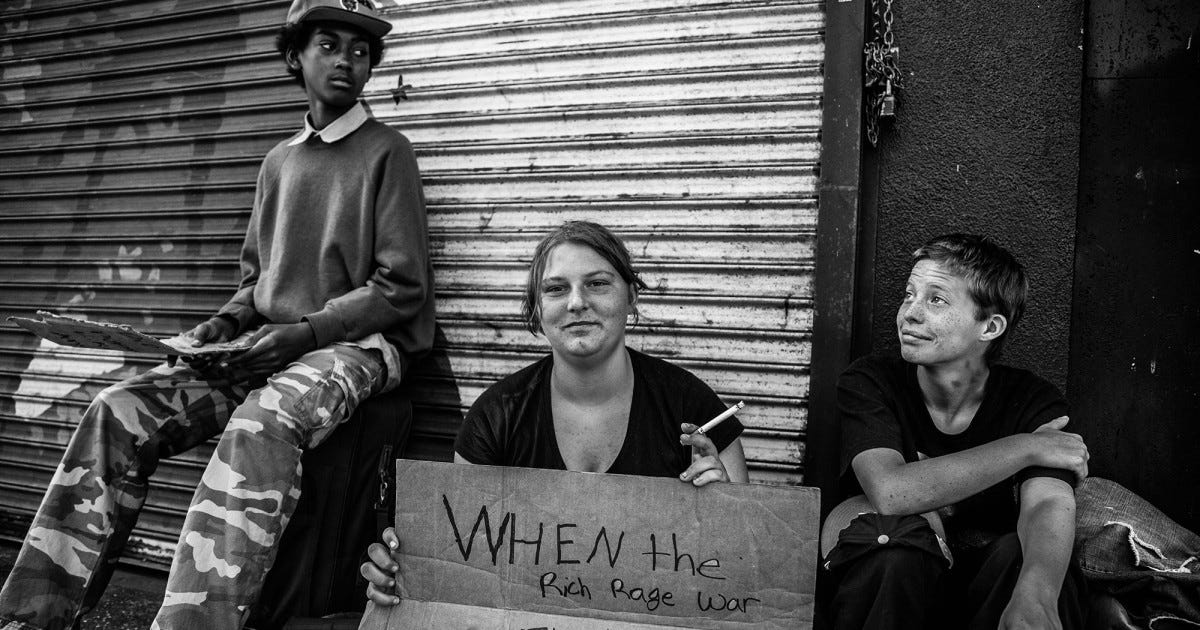
Help others
OTOH, self-care means very little if you are not making the world a better place. When you die, no one will ask how many pushups you could do. Who can you help, even one person, one animal or plant? What cause can you support, what mess can you clean up? It’s tricky to figure out where to help and how, because the needs are overwhelming, the situation keeps changing, and available information is so unreliable. Like, is it better to donate to a food bank or to a strong political candidate who might help more people? Should you volunteer on a crisis line or give time to needy neighborhood children? Or whatever, the needs are endless, but our time and energy are limited. Whatever you decide, helping others will make you feel better about yourself.
Almost nothing feels as good as helping others. Baptist Bishop Greg Valentine told me about buying a $200 pair of shoes, then hearing God’s voice telling him to give the shoes to a homeless man he saw, who had no shoes. After struggling with himself for a few minutes — “I really liked those shoes” — Bishop Valentine gave them up. “The man seemed really happy to have these shoes,” he told me, “but you know what? I felt even happier. The feeling I got from that was so powerful. Since then, I have been a lot less focused on material things. It’s not about possessions. God really doesn’t care about those. It’s about how we treat other people.”

Still, that knowledge doesn’t tell you how to divide up your limited resources, or how much to keep for yourself. Right now, need is everywhere. Most Americans have received $1200 “stimulus” checks, or soon will. My income has not changed, so I’m stimulated to give away most of it, and hopefully it will be effective. I don’t know how to decide except that giving to someone you know is usually better than giving to an organization where you know no one. Or at least, do some good research before giving.
Resist
Sometimes survival is the only victory we can hope to achieve — sometimes even that is a long-shot — but often people do far more. Things may seem hopeless now, but they’ve been hopeless before, and change still came. The great revolutionary Vladimir Illych Ulyanov (Lenin) said, “Decades go by and nothing seems to happen. Then a week comes when decades happen.” Those weeks come because a lot of people put in a lot of effort making them happen, even when all seemed lost.
Successful revolutionaries like Lenin or Mao-Tse Tung also had to think way, way outside their boxes. Lenin said he was following Karl Marx, but the Russian revolution, in the midst of World War 1, was very different from anything Marx had predicted or recommended. Mao didn’t follow in Lenin’s footsteps; he based his revolution on the peasants, not the workers. What they had in common was a single-minded focus on overthrowing the corrupt, destructive system they lived in.

A revolution today couldn’t be anything like Lenin’s or Mao’s. It probably wouldn’t be “Left” at all; it would have to be a movement that appeals to people of all kinds. It might not have to be a revolution with lots of killing, but it would have to decouple money from power. It would require everyone to change, including you and me. I don’t know how to do this, but I can’t accept just letting the machine run over us like it’s doing now.
Grow
Times of great change are the best teachers. You or I might have been happier living in less challenging times, but really, how many of those have there been? For billions of people in the world, the crisis is not new and will not go away when the shutdowns are lifted or COVID is cured. The pandemic is just making existing challenges more intense. But we are here; the time is now, and the old ways can’t go on. Can we change ourselves and make the new ones better? We are called, as author/philosopher Charles Eisenstein, says, to make the most of our gifts and share them while we’re here. Perhaps we’ll be among the lucky ones who experience this crisis as a time of growth.
Wishing you love, strength, courage and wisdom, David.





